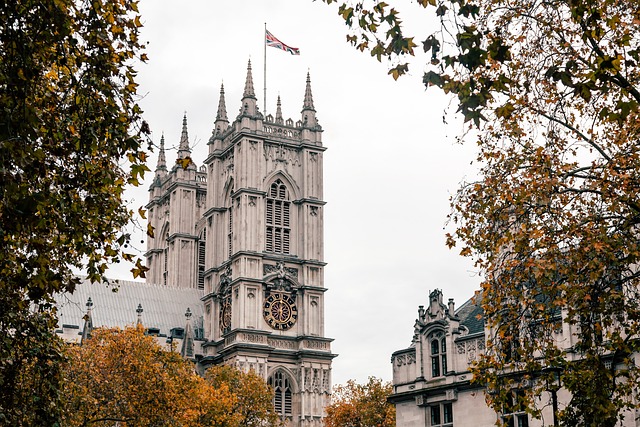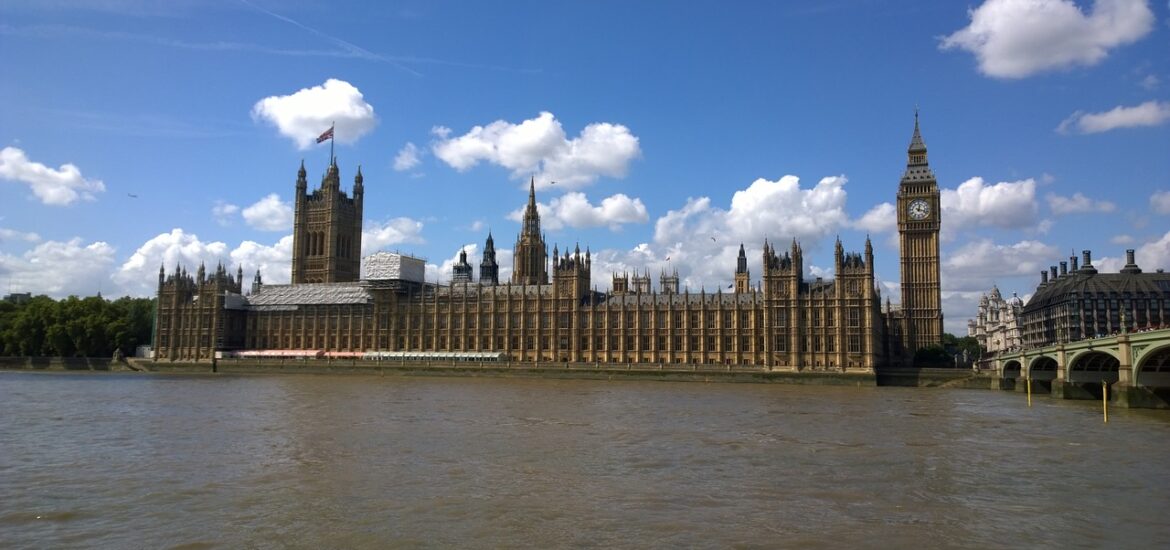The United Kingdom remains one of the most sought-after destinations for individuals and families seeking long-term residence or a new place to call home. Whether you’re drawn to its world-class healthcare, education system, cultural diversity, or career opportunities, the UK offers a structured pathway from temporary stay to permanent residence and eventually British citizenship.
In this blog, we’ll explore how you can live permanently in the UK, the eligibility for Indefinite Leave to Remain (ILR), and the process of applying for British citizenship.
Understanding the UK Immigration Journey
Before we get into the nitty-gritty of permanent residency and citizenship, it’s important to understand the typical immigration journey:
Temporary Visa (e.g., work visa, student visa, spouse visa)
Settlement – Usually achieved through Indefinite Leave to Remain (ILR)
Naturalisation – The legal process of becoming a British citizen
Each stage has its own requirements and timelines, which we’ll explore in detail.
What is Indefinite Leave to Remain (ILR)?
Indefinite Leave to Remain (ILR) is the UK’s version of permanent residence. It allows non-UK citizens to live and work in the UK without time restrictions. Once granted ILR, you’re no longer bound by visa conditions and can enjoy many of the same rights as British citizens.
Key Benefits of ILR:
- No time limit on your stay
- Free to work or study in any field
- Eligible for public funds (in some cases)
- Easier route to citizenship
How to Qualify for ILR
Eligibility for ILR depends on your visa type and how long you’ve lived in the UK. Here are the common routes:
- Work Visa Route (Skilled Worker)
- Must live in the UK for 5 continuous years
- Must meet salary and job continuity requirements
- No more than 180 days of absence per year
- Spouse or Partner of a British Citizen
- Must live in the UK for 5 years on a Spouse or Partner visa
- Must prove genuine relationship and cohabitation
- Long Residence Route
- 10 years of continuous lawful residence in the UK
- Any lawful visa type can contribute to this period
- Investor, Entrepreneur, or Global Talent Visa Holders
- Some can qualify in 2 or 3 years, depending on investment or business success
- Refugees and Humanitarian Protection
- Eligible after 5 years of leave
General Requirements for ILR
Regardless of the route, you must:
- Pass the Life in the UK Test
- Meet the English language requirement
- Show no serious criminal record
- Have had lawful and continuous residence
Life After ILR: Living Permanently in the UK
Once you receive ILR, you’re essentially a permanent resident. However, ILR can be lost if you:
- Leave the UK for more than 2 years continuously (or 5 years for some routes)
- Break the law or engage in criminal activity
To maintain ILR, it’s important to make the UK your primary home, pay taxes, and stay connected.
The Road to British Citizenship
After living in the UK permanently with ILR, you may be eligible to apply for British citizenship by naturalisation.
Key Advantages of British Citizenship:
- Right to vote and run for public office
- Hold a British passport
- Full access to public services and benefits
- No immigration controls when returning to the UK
- Automatic citizenship for children born in the UK
Eligibility for British Citizenship
Here are the basic eligibility criteria for adults applying for naturalisation:
- Residency Requirements
- Must have held ILR (or EU Settled Status) for at least 12 months
- Must have lived in the UK for at least 5 years
- Must not have spent more than:
- 450 days outside the UK in the last 5 years
- 90 days outside the UK in the last 12 months
- Marriage to a British Citizen
If you’re married to a British citizen, you can apply:
- Immediately after getting ILR (no need to wait 12 months)
- Provided you’ve lived in the UK for 3 years before application
- Good Character Requirement
- No serious criminal record
- No immigration fraud or overstays
- Respect for UK laws and values
- English Language and Life in the UK Test
- Same as ILR requirements, but still necessary even if previously passed
The British Citizenship Application Process
Here’s a step-by-step overview:
Step 1: Prepare Documents
- Proof of ILR (e.g., BRP card)
- Pass certificate for Life in the UK Test
- English language test certificate (or exemption)
- Passport and travel records
- Marriage certificate (if applying as a spouse)
Step 2: Submit Application Online
- Use the UK Home Office website
- Pay the application fee (approx. £1,580 as of 2025)
Step 3: Attend Biometrics Appointment
- Provide fingerprints and photo at a UKVCAS centre
Step 4: Wait for a Decision
- Processing time is usually 3 to 6 months
Step 5: Attend Citizenship Ceremony
- If approved, you’ll receive an invitation to attend a ceremony
- You’ll make an Oath of Allegiance and receive a Certificate of Naturalisation
What Happens After Becoming a British Citizen?
Once you’re a British citizen:
- You can apply for a British passport
- You lose the need for visas or BRPs
- You’re free to live, work, and travel without UK immigration restrictions
- You can sponsor family members more easily for UK visas
Dual Citizenship: Can You Keep Your Original Nationality?
The UK allows dual citizenship, but you must check if your home country does. Some nations (like India or China) do not allow dual nationality, so you may need to give up your original citizenship when naturalising as British.
Final Thoughts
Living permanently in the UK and becoming a British citizen is a structured yet rewarding process. Whether you’re working, studying, or joining a loved one, the UK offers various routes toward settlement and citizenship.
For more information you can contact UK Property Inspection Report or call us at 07500242494 / 020 3129 5156.





